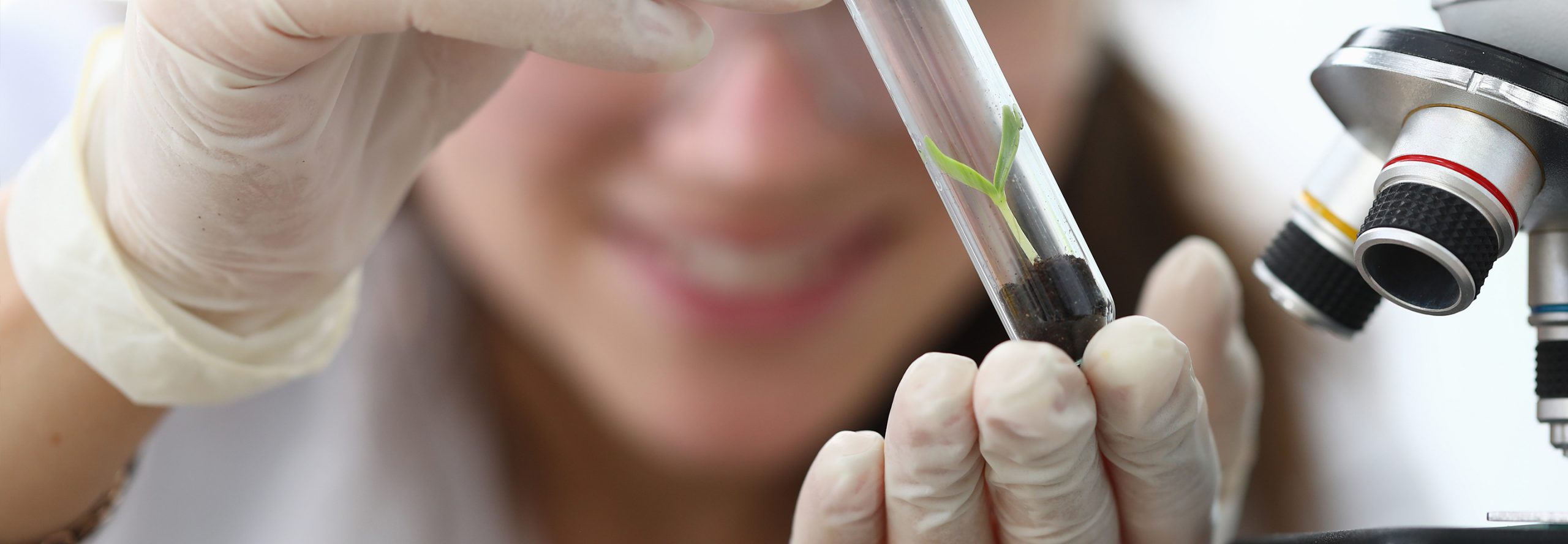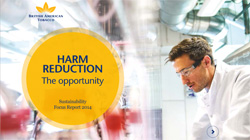British American Tobacco Bangladesh - Harm reduction
It’s simple; we want to reduce the public health impact of our products.
We know tobacco products pose real and serious health risks and the only way to avoid these risks is not to use them. But many adults choose to smoke, so the Group’s top priority continues to be working towards reducing these risks and making available a range of less risky tobacco and nicotine-based alternatives.
What is harm reduction?
In the world of public health, harm reduction is about developing policies to try and minimise the negative health impact of a risky activity without stopping it entirely.
For example, advocating the use of condoms reduces the spread of sexually transmitted diseases. For tobacco, this means offering less risky alternatives to regular cigarettes for those smokers who cannot, or choose not to, give up.
Advocating harm reduction as the way forward
The idea of tobacco harm reduction is not a new one. British American Tobacco has long promoted snus, a type of low toxicant oral tobacco, which is a proven reduced risk product – but it lacks wide consumer appeal and availability globally. So it’s only relatively recently – with the rise in popularity of e-cigarettes – that harm reduction has moved from a concept to a global reality.
An increasing number in the scientific and public health community are now advocating harm reduction as the way forward for helping the 1.3 billion people worldwide who continue to smoke despite the known health risks.
In practice, this could mean that as well as traditional ‘stop smoking’ health services, smokers who’ve been unable to quit are encouraged to switch to less risky products.
However, currently only a few governments actively support this approach. There are some public health experts and organisations with concerns that not enough is known yet about the health risks of e-cigarettes and that they could undermine efforts to denormalise tobacco use. They are also suspicious of the tobacco industry’s involvement in tobacco harm reduction.
The basic proposition of harm reduction is not that alternative nicotine products are harmless but that they offer reductions in risk of 95% or more compared to cigarettes, and provide a viable alternative to smokers who cannot or do not wish to quit using nicotine. The challenge is to find an appropriate framework for realising the significant public health opportunities this offers while managing residual risks."
The approach
The Group’s research and development programme is focusing on tobacco harm reduction, working on developing a next generation of tobacco and nicotine products that offers a less risky alternative to conventional cigarettes. This includes Vype, an electronic cigarette launched in 2013, a nicotine inhalation product being prepared for launch in the UK by subsidiary Nicoventures, as well as innovative tobacco heating devices.
British American Tobacco is working with scientists and regulators to promote this next generation of products and advocate a regulatory approach that puts consumer safety and product quality first, while encouraging the growth of new less risky nicotine products that could help smokers cut down or quit.
Transparency and world-class science
The Group is committed to exemplary corporate conduct and transparency across the whole business – this includes its research and development.
Being transparent about the science is central to this approach. Details of the Group’s scientific research programmes are published on a dedicated science website, www.bat-science.com . The results of scientific studies are submitted to peer-reviewed journals, and scientists present widely at leading international conferences and events.
We understand that some people are sceptical about research conducted and funded by the tobacco industry, but we know it’s the Group’s responsibility to contribute to the science of tobacco harm reduction.
British American Tobacco have state-of-the-art R&D facilities and hundreds of scientists covering many different disciplines, working in collaboration with external researchers around the world, such as in the USA, Canada, Spain, Germany, China and Russia.
The Group actively encourages regulators and other scientists to visit its research facilities in the UK.
The future
We understand that harm reduction is a contentious topic where opinion is often divided, and that some people are sceptical about the motivations of a tobacco company.
We hope that the Group’s actions will demonstrate a continued commitment to harm reduction and that governments will carefully consider the potential benefits it can bring as part of a progressive approach to public health policy.



